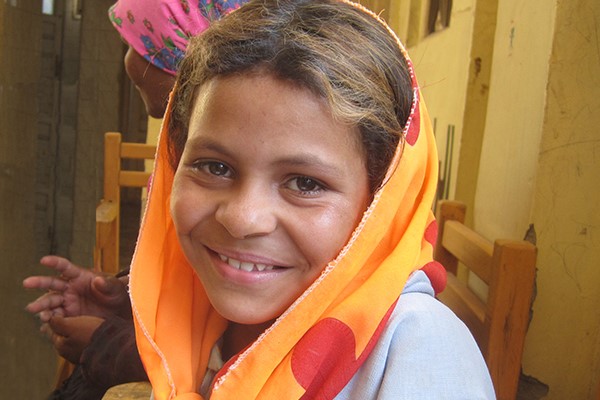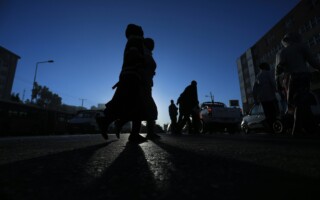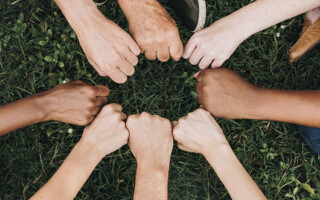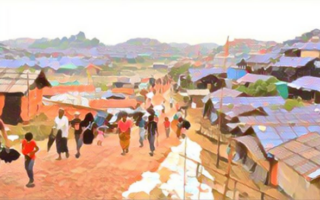
Ishraq (Sunrise) is a flagship comprehensive second-chance program to improve the educational, health, and social outcomes for adolescent out-of-school girls, 12–15 years of age, in rural Upper Egypt. The program, launched in 2001, is the Council’s original girls’ empowerment initiative.
The program is based on a comprehensive package of literacy, sport, financial education training and skills, establishing “safe spaces” where girls can gather to learn, play, and build social networks. For more than a decade, Ishraq has served 3,321 girls and 1,775 boys in 54 villages across five of the most disadvantaged governorates of Upper Egypt and left a remarkably positive effect on participants and communities.
In 2008 and in collaboration with the National Council for Youth, Ishraq was expanded to 30 more villages in Fayoum, Sohag, and Qena as part of the effort to institutionalize the program at the national level. The scale-up phase aimed to sustain the safe spaces for girls; build the technical and managerial capacity of youth centers, local NGOs, and youth directorates to replicate the program for rural girls using local resources; and promote accountability standards for national-level adoption of girl-friendly policies, measures, and best practices based on sound research and impact assessment. A 2012 evaluation of its scale-up phase found impressive, statistically significant improvements for participating girls.
In 2011, Ishraq established girls’ clubs for Ishraq graduates in two villages in Menya and four villages in Beni Suef. Girls’ clubs provide graduates with financial support for private tutoring to help them make the transition into formal school and also enable them to maintain their social support system.
The Safe Spaces approach that was pioneered by the Population Council under the Ishraq program has been used extensively by local and international development partners for the empowerment of adolescent girls in Egypt and other countries in Africa, Asia, and Latin America.




